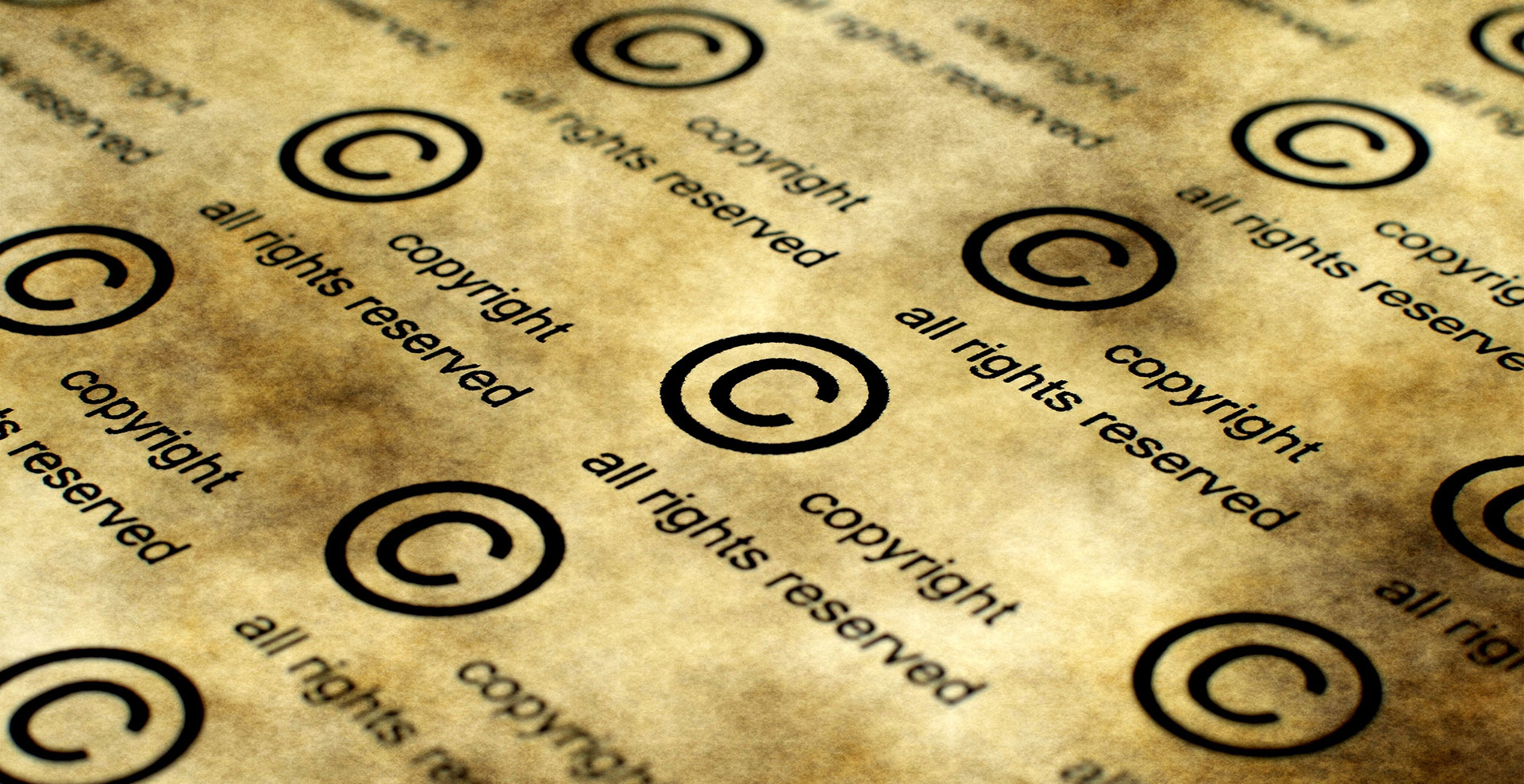
Troll Control ? Reactions to Copyright Trolls | Part One
Intellectual Property Update
Troll Control ? Reactions to Copyright Trolls | Part One
Copyright owners can sue for statutory damages to obtain a money judgement for unauthorized display or reproduction of the copyrighted work without proof of actual damages. This unusual right, coupled with the inherent cost of litigation, and the right to recover attorneys’ fees in copyright litigation, has enabled a business model in which copyright owners can sue and settle for inflated amounts. This is how a copyright “troll” can make a profit without ever actually selling a product or service. See “The Cost of a Photograph,” by R. Harris and S. Smith, January 23, 2020.
How do Trolls Work?
The recently proliferating copyright troll, like its predecessor, the endangered patent troll, is in the business of litigation. Trolls bring
“strategic infringement claims of dubious merit in the hope of arranging prompt settlements with defendants who would prefer to pay modest or nuisance settlements rather than be tied up in expensive litigation.”
Design Basics LLC v. Lexington Homes, Inc., 858 F.3d 1093, 1097 (7th Cir. 2017). A copyright troll’s scheme is both clever and cowardly:
If a Billy Goat Gruff moves to confront a copyright troll in court, the troll cuts and runs back under its bridge. Perhaps the trolls fear a court disrupting their rinse-wash-and-repeat approach: file a deluge of complaints; ask the court to compel disclosure of the account holders; settle as many claims as possible; abandon the rest.
Strike 3 Holdings, LLC v. Doe, 351 F. Supp. 3d 160, 162 (D.D.C. 2018), rev’d and remanded, (D.C. Cir. 2020).
Can The Copyright Claims Board Help?
Congress created a Copyright Claims Board (to become effective at the end of this year) to reduce the cost of litigating certain copyright disputes. See “Year End Changes in IP Law” by R. Harris, January 6, 2021. The Board has jurisdiction over claims seeking declaratory judgment of noninfringement. This change may enable defendants to more easily dispute the claims of a copyright troll. However, there is a time limited right to opt out of these expedited and less expensive proceedings, which may allow an astute troll to continue its profiteering ways through the normal litigation process.
Can Federal Courts Help?
The federal courts are aware of the copyright troll problem. In 2015 alone, trolls consumed a whopping 58% of the federal copyright docket. Strike 3 Holdings, LLC v. Doe, 351 F. Supp. 3d at 162. Courts have noticed the growth of companies who file thousands of copyright infringement cases in very short periods of time. See, e.g., id. at 163-64 (“According to PACER, Malibu Media, LLC—another adult film company—filed 150 cases against anonymous defendants in this district (7183 nationally) from 2012 to 2018 . . . .”); see also Malibu Media, LLC v. Doe No. 15 , 2015 WL 4092417 at *2 (SDNY July 6, 2015)(“Recent empirical studies show the field of copyright litigation is increasingly being overtaken by ‘copyright trolls’…”). Courts recognize “the challenge in administering intellectual property law to discourage so-called intellectual property ‘trolls’ while protecting genuine creativity.” Design Basics LLC v. Lexington Homes, Inc., 858 F.3d at 1096.
Summary Judgement. Courts can discourage trolls by resolving cases on summary judgement without requiring a trial. For example, copyright protection applies to architectural plans and drawings. See Harris, R. and Atkinson, B., “Copyright Protection for Architectural Works and the Effect on Infringement Claims”, 22 IP Litigator (March/April 2016) at 9-18. In architectural copyright cases copyright protection may be “thin.” Id. Instead of finding infringement based on “substantial similarity,” “thin” protection requires proof of a higher “virtual identity” standard. Id.
Design Basics, LLC has filed more than 100 architectural copyright infringement suits and has been labeled a copyright troll. Design Basics LLC v. Lexington Homes, Inc., 858 F.3d 1093 (7th Cir. 2017); Design Basics LLC v Signature Construction Inc., 994 F.3d. 879 (7th Cir. 2021). “[P]roceeds from litigation have become a principal revenue stream for Design Basics.” 858 F.3d at 1097. The company even pays a finder’s fee to employees who identify potential infringements. Id.
The Seventh Circuit has now twice upheld summary judgement for the defendants and against Design Basics:
Design Basics advertises over 2700 home plans at www.designbasics.com. We wonder whether there is any blueprint for a single family home anywhere in the country that Design Basics could not match to one if its own designs by applying the loose standard of similarity relied upon here.
Id. at 1103. Instead of applying the substantial similarity standard, the Seventh Circuit applied the more demanding virtual identity standard and upheld summary judgement to stop the troll in its tracks:
To whatever extent the parties’ plans resemble one another, they likewise resemble countless other home designs in a crowded market. . . . For that reason alone, Lexington was entitled to judgement as a matter of law.
Id. at 1105.
Conclusion. Faced with a copyright troll, a defendant may have defenses that induce the troll to dismiss and avoid litigation altogether or induce the court to resolve the case without a trial. (More on litigation options in PART TWO) Trolls are often skittish in the face of a defendant who decides to put up a fight in court. Although settlement is always an option, not every situation may call for it. Reach out to an experienced attorney to help develop the best strategy for your case.
Get MORE. Insights
Stay ahead in the legal world - subscribe now to receive the latest insights and news from Fennemore Law Directly in your inbox!

